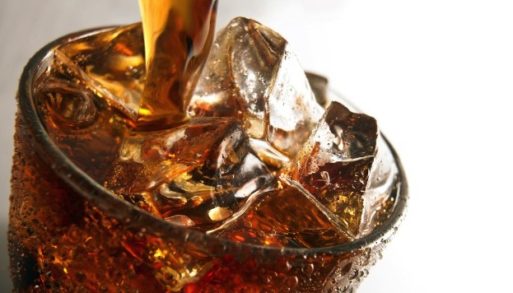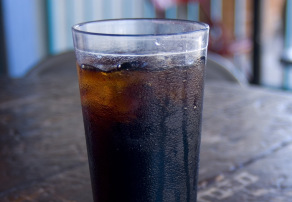It’s no secret that sugar-sweetened sodas and their diet counterparts are not exactly healthy beverages. And now a new study suggests that diet soda may increase the risk of dementia and stroke.
The study, published in the American Heart Association’s journal Stroke, reports that people who drink diet sodas daily have three times the risk of developing stroke and dementia.
The authors of the study note that consumers should interpret the findings with caution. The study did not establish a direct cause-and-effect relationship between artificially sweetened drinks and an increased risk of dementia and stroke.
Researchers measured the incidence of stroke in 2888 people older than 45 years. They also measured the incidence of dementia in 1484 people older than 60. Through a questionnaire, they compared how many sugary and artificially sweetened drinks the participants consumed between 1991 and 2001. Then they analyzed how many of those participants suffered from stroke or dementia in the following 10 years.
“We found that those people who were consuming diet soda on a daily basis were three times as likely to develop both stroke and dementia within the next 10 years as compared to those who did not consume diet soda,” Matthew Pase, a senior research fellow at the Boston University School of Medicine and lead author of the study, told NBC News.
The team did not find the same connection between regular soda intake, which surprised them.
“I was surprised that sugary beverage intake was not associated with either the risks of stroke or dementia because sugary beverages are known to be unhealthy,” Pase said. However, “In our first study, we found that those who more frequently consume sugary beverages such as fruit juices and sodas had greater evidence of accelerated brain aging such as overall smaller brain volumes. They had poorer memory function and they also had smaller hippocampus, which is an area of the brain important for memory consolidation,” he said.
Results Are Not Definitive
The results are by no means an extreme warning sign for people who love their diet sodas. Pase noted that even if someone has three times the risk of developing dementia or stroke, neither is a certainty. Three percent of the participants in the study had a new stroke, and 5 percent developed dementia. So the numbers are still small.
Keith Fargo, director of scientific programs for the Alzheimer’s Association, told NBC News that the study does not define a mechanism for how diet drinks might harm the brain.
“There clearly is a relationship between your heart health and your brain health,” Fargo said. “You have got to pay close attention and be diligent about dietary habits, exercise habits, controlling your blood pressure. It is not going to be a simple fix like ‘get rid of the diet soda.’”
The American Beverage Association issued a statement responding to the new study.
“The FDA, World Health Organization, European Food Safety Authority and others have extensively reviewed low-calorie sweeteners and have all reached the same conclusion — they are safe for consumption,” the statement said. “America’s beverage companies support and encourage balanced lifestyles by providing people with a range of beverage choices — with and without calories and sugar — so they can choose the beverage that is right for them.”
In a world in which many debates come down to a “he said, she said” mentality, oftentimes it’s hard to wade through all the information and differing testimonies. However, it is important for us all to educate ourselves so we can make informed decisions regarding lifestyle choices. Even though the study isn’t definitive, it’s safe to say we could all benefit from decreasing our consumption of both diet and non-diet sodas. Water will do just fine.

 Diet Soda May Lead To Increased Risk Of Stroke and Dementia
Diet Soda May Lead To Increased Risk Of Stroke and Dementia






 How to Comfort A Dying Loved One
How to Comfort A Dying Loved One
 Our Annual Seven Holiday Gifts for Someone Who Is Grieving, 2024 Edition
Our Annual Seven Holiday Gifts for Someone Who Is Grieving, 2024 Edition














